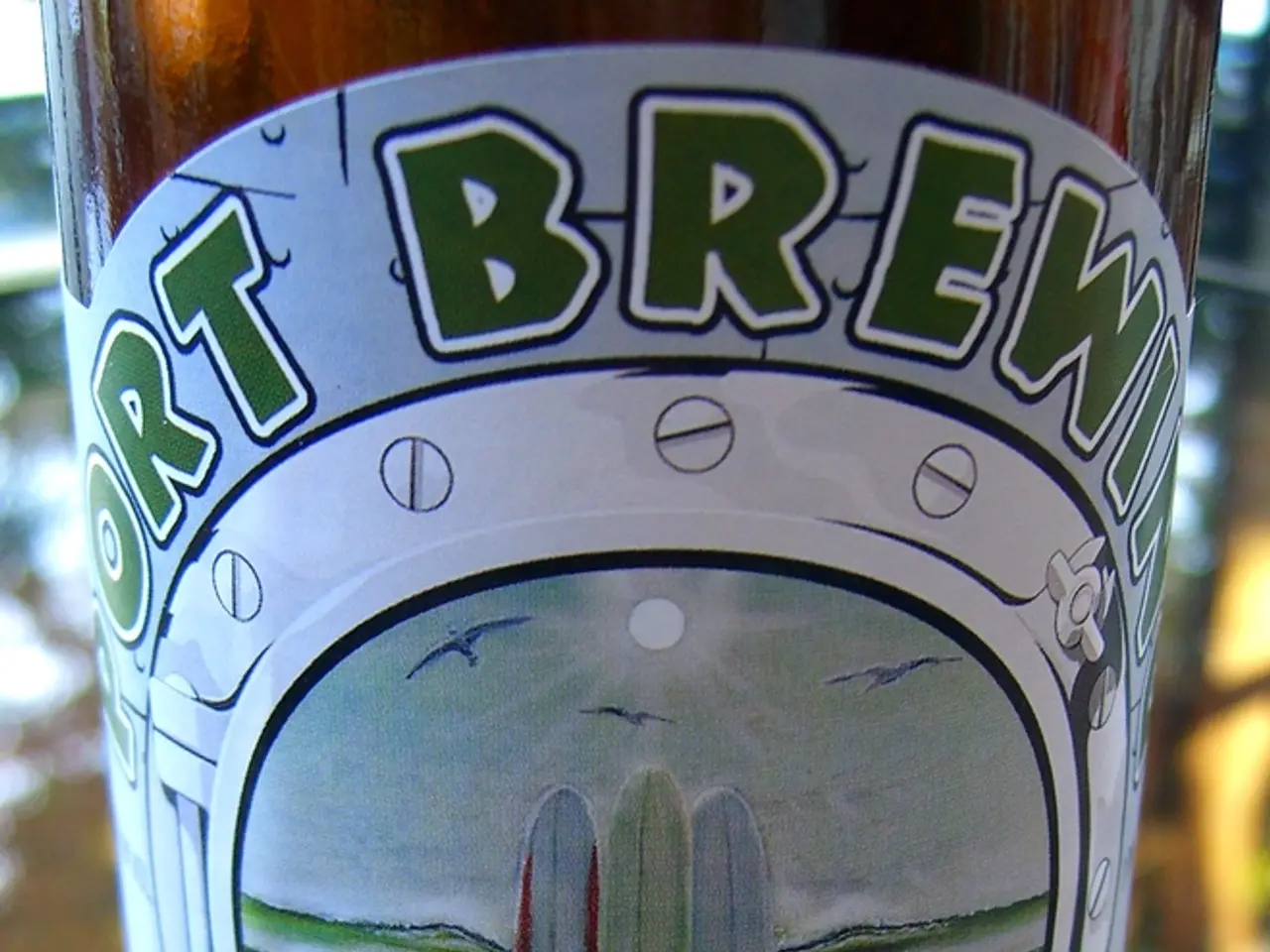Cautionary Guide: Potential Pitfalls in Selecting Balsamic Vinegar
In the heart of Northern Italy, specifically in the regions of Modena and Reggio Emilia, lies the birthplace of a culinary treasure known as Aceto Balsamico Tradizionale (ABT). This traditional balsamic vinegar is produced under stringent regulations and undergoes a minimum aging process of 12 years.
The term "Balsamico" originates from the Italian "il balsamo," signifying the belief that vinegar holds medicinal properties. ABT, often referred to as the "Ferrari" among balsamic vinegars, is exclusively produced in Modena and Reggio Emilia, Italy.
The production process involves heating unfermented grape must over a fire and slow cooking to thicken it, without resulting in alcoholic fermentation. This process gives ABT its dark color and strong, sweet-sour taste. The final storage does not occur in wine cellars but on airy attics, where extreme temperature fluctuations cause evaporation and thickening when it is warm and the settling of suspended matter when it is cold.
Genuine Tradizionale has no age indication on its label, and the addition "extravecchio" may appear. The ripening process takes between 12 and 40 years, resulting in about 10,000 liters being bottled annually. In extreme cases, 100ml of ABT can cost up to 100 euros.
While ABT is the premium choice, it's important to note that the term "Balsamico" is not legally protected, allowing for potential adulteration in supermarket products. For "everyday balsamico," grape must or grape must concentrate should be the first listed ingredients.
When it comes to using balsamic vinegar, a gourmet tip is to use high-quality balsamic vinegar on fresh strawberries or Parmesan. The use of balsamic vinegar should be sparing to avoid overpowering the dish. It is traditionally used as a dressing with olive oil, salt, and pepper.
To ensure you're getting the real deal, look for products labelled as Aceto Balsamico Tradizionale di Modena or Aceto Balsamico Tradizionale di Reggio Emilia. The addition "di Modena" indicates only that the product was produced in Modena, not its quality. ABT has been legally protected since 1983 and can only be referred to as "original" since 2000. It contains no chemical or natural additives.
In conclusion, Aceto Balsamico Tradizionale is a culinary gem, offering a rich, aromatic taste that enhances dishes when used sparingly. By choosing authentic ABT, you're not only adding flavour to your meals but also supporting traditional Italian craftsmanship.
Read also:
- Cheese consumption leads to fatalities for two individuals.
- AI's looming shadow on Mexican small-scale enterprises: how purpose-driven communities can offer salvation
- Global Coverage for Employer-Sponsored Fertility Benefits, Courtesy of Progyny
- Choosing the Most Effective Mosquito Net to Prevent Disease Transmission via Mosquitoes








